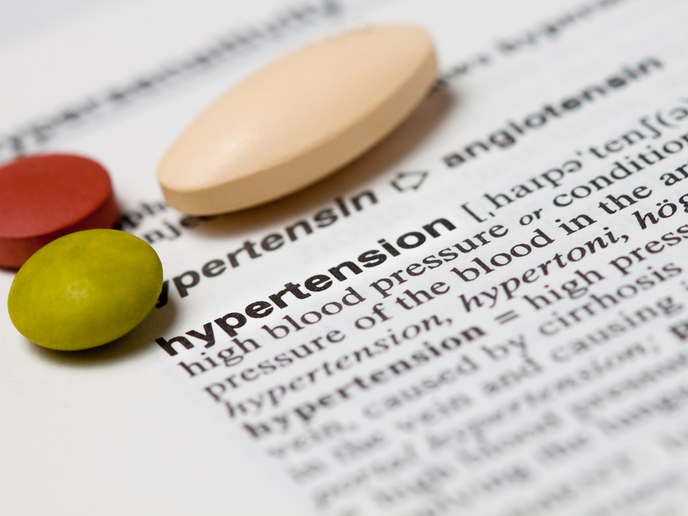Blood pressure drug linked to heart failure
SCA occurs when the heart unexpectedly stops beating and could be lethal within minutes if appropriate steps aren’t taken immediately. Commonly caused by cardiac arrhythmia (heart rhythm disorder), SCA claims many lives each year, accounting for 50 % of cardiovascular deaths. So, it’s crucial to understand the risk factors involved. A study based on data that form part of the EU-funded ESCAPE-NET project examined whether a common group of drugs known as dihydropyridines play a role in out-of-hospital cardiac arrest (OHCA). In March 2019, the findings were presented at the European Heart Rhythm Association’s annual congress. The researchers focused on nifedipine and amlodipine using data from the Dutch Amsterdam Resuscitation Studies registry and the Danish Cardiac Arrest Registry. According to an abstract on the European Society of Cardiology (ESC) website, the cases consisted of cardiac-caused OHCA patients with ventricular tachycardia/ventricular fibrillation. Their analysis showed that those who took high-dose nifedipine were more likely to have an OHCA than those who weren’t using dihydropyridines. “In both registries, current use of high-dose nifedipine (=60mg/day), but not low-dose nifedipine (<60mg/day), was associated with increased OHCA risk, compared to non-use of dihydropyridines,” as noted in the abstract. The study also found that in both registries, there was no link between amlodipine use and increased OHCA risk. Caution needed In an ESC press release, ESCAPE-NET project leader and cardiologist Dr Hanno Tan advises that more studies are needed to reach similar conclusions prior to any action by doctors or patients. “This study suggests that high-dose nifedipine may increase the risk of sudden cardiac arrest due to fatal cardiac arrhythmia while amlodipine does not. If these findings are confirmed in other studies, they may have to be taken into account when the use of either drug is considered.” Unique database The ongoing ESCAPE-NET (European Sudden Cardiac Arrest network: towards Prevention, Education and NEw Treatment) project combines Europe’s largest SCA study cohorts in one joint database to include over 94 000 SCA cases. It focuses on identifying various factors that can increase a person’s risk of SCA. These include environmental risk factors such as socioeconomic/psychosocial stress and air pollution, inherited ones such as family history of cardiovascular disease, as well as acquired factors like medication use and lifestyle. Project partners believe that the creation of databases of DNA profiles in the SCA prospective cohorts will be beneficial for future studies. They also hope to improve personalised medicine with various innovations. ESCAPE-NET brings together SCA specialists – clinicians and researchers – with complementary expertise to create synergies for a comprehensive understanding of SCA in the general population. The project will also take advantage of smartphone applications and ICT solutions to improve first response treatment. For more information, please see: ESCAPE-NET project website
Countries
Netherlands



